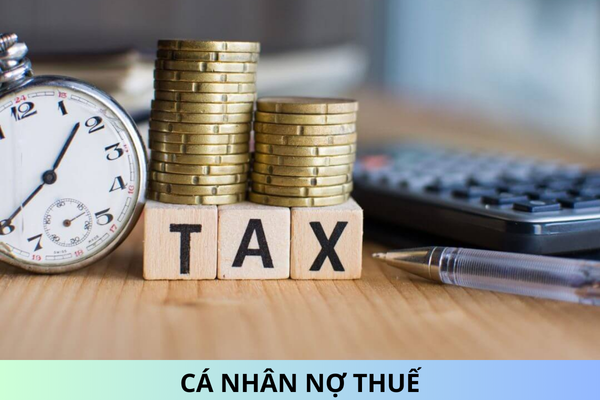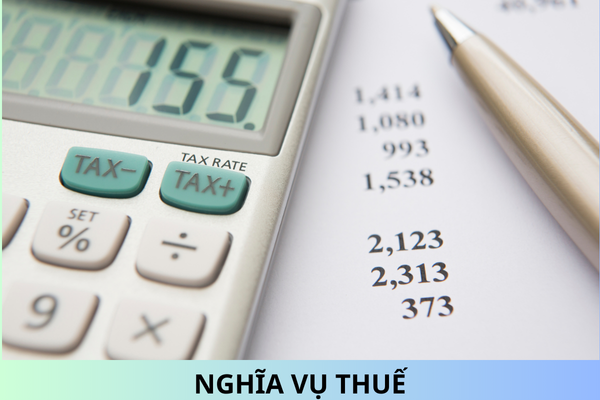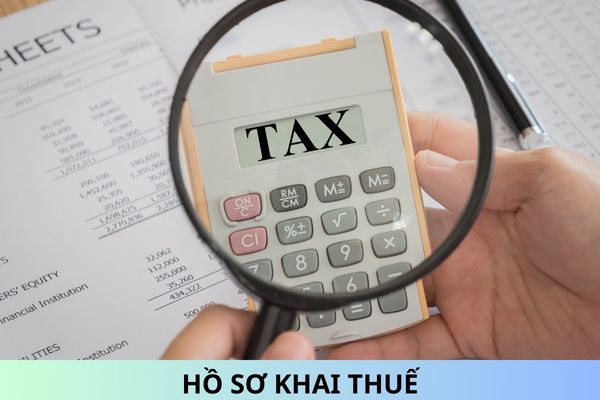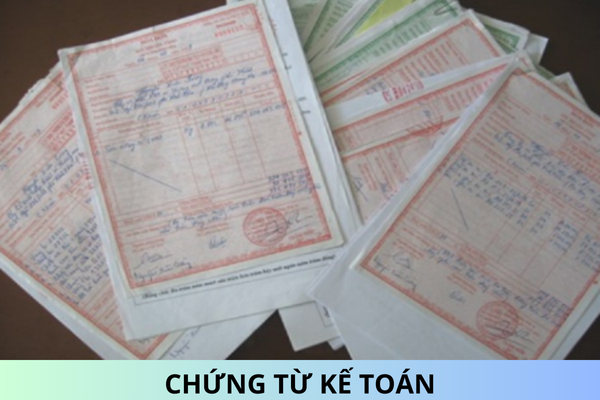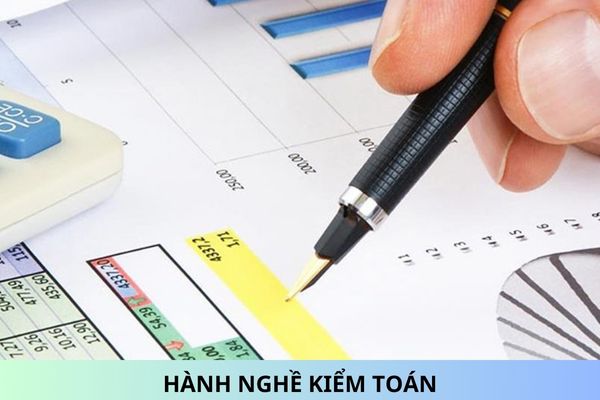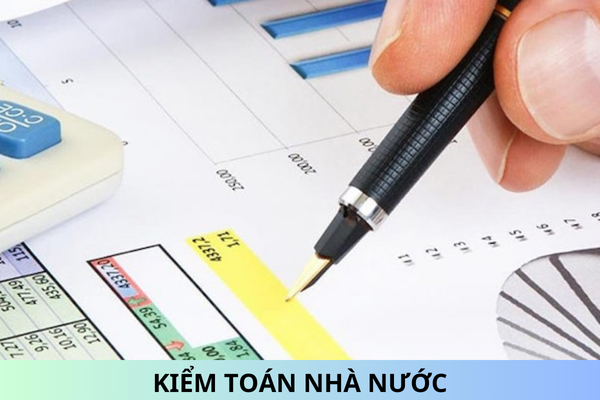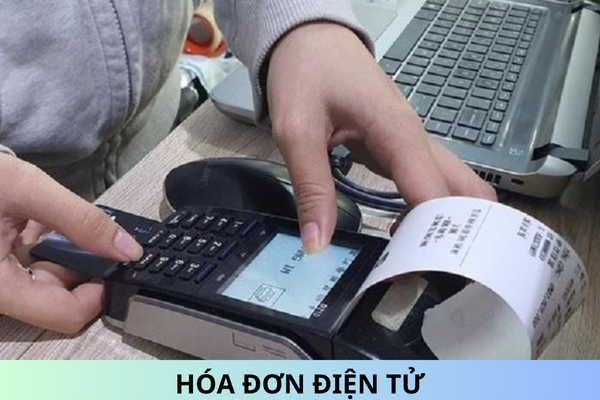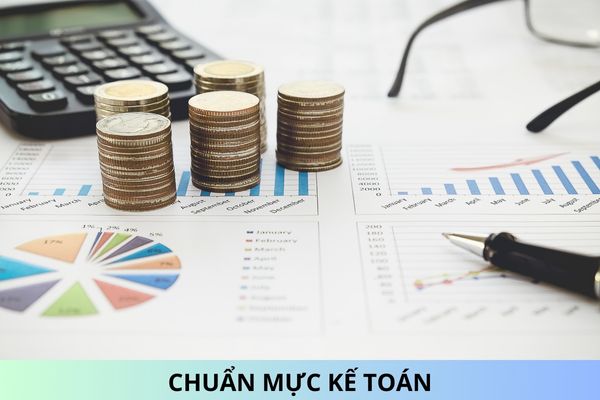Is it necessary to issue an invoice when providing free samples in Vietnam?
Is it necessary to issue an invoice when providing free samples in Vietnam? Looking forward to your response. Question from Mr. Phong in Dong Nai.
Is it necessary to issue an invoice when providing free samples in Vietnam?
Based on Clause 1 Article 4 of Decree No. 123/2020/ND-CP stipulates as follows:
Rules for issuance, management and use of invoices and records
1. When selling goods or providing services, the seller shall issue and send invoices to buyers (including goods/services used for sales promotion, advertising or as samples, goods/services gifted, donated, exchanged or used as salary payment to employees and internal use (except goods which are internally rotated in production process), and goods rented, lent or returned). Such invoices shall have adequate contents written according to the provisions in Article 10 hereof, except e-invoices which must follow the standard format prescribed by tax authorities as prescribed in Article 12 hereof.
2. When deducting personal income tax or collecting taxes, fees or charges, the organization responsible for tax deduction or the tax, fee or charge collector shall make and give certificates of personal income tax withholding or receipts of taxes, fees or charges to persons whose income is deducted or payers. Such records/receipts must contain adequate information as prescribed in Article 32 hereof. If electronic receipts are used, they must follow the standard format prescribed by tax authorities. If an individual authorizes tax declaration, no certificates of personal income tax withholding are issued.
...
Therefore, in principle, the seller must issue an invoice to deliver to the buyer in the following cases:
- Goods/services used for sales promotion, advertising or as samples;
- Goods/services gifted, donated, exchanged or used as salary payment to employees and internal use (except goods which are internally rotated in production process)
- Goods rented, lent or returned.
Thus, when providing free samples to customers in Vietnam, the seller still has to issue an invoice.
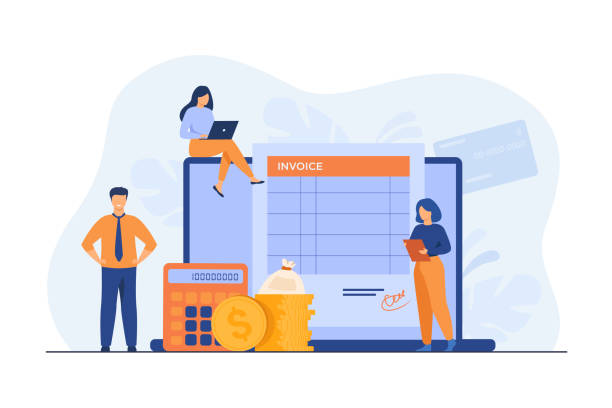
Is it necessary to issue an invoice when providing free samples in Vietnam? (Image from the Internet)
In Vietnam, which entities does the Departments of Taxation order the printing of invoices to resold?
According to the regulations in Article 23 of Decree No. 123/2020/ND-CP on Use of tax authority-ordered printed invoices:
Use of tax authority-ordered printed invoices
Departments of Taxation in provinces and centrally-affiliated cities (hereinafter referred to as “provincial Departments of Taxation”) may order the printing of invoices resold to the following entities:
Enterprises, business entities, and household or individual businesses mentioned in Clause 1 Article 14 hereof if they do not have electronic transactions with tax authorities, IT infrastructure, accounting software systems or e-invoicing software functioning as the tools of using e-invoices and transmitting e-invoice data to buyers and tax authorities.
1. Enterprises, business entities, and household or individual businesses may buy invoices from tax authorities for a period of up to 12 months while tax authorities must have solutions for gradually converting to the use of e-invoices. Before using e-invoices, business entities, and household or individual businesses must apply for use of authenticated or unauthenticated e-invoices (if eligible) in accordance with the provisions in Article 15 hereof.
2. Enterprises, business entities, and household or individual businesses during the period of failure of the tax authority’s authentication code issuing system as prescribed in Clause 2 Article 20 hereof.
According to this Article, the Departments of Taxation may order the printing of invoices resold to the following entities:
[1] Small- and medium-sized enterprises, cooperatives, household and individual businesses that operate in disadvantaged areas or extremely disadvantaged areas that do not have electronic transactions with tax authorities, IT infrastructure, accounting software systems or e-invoicing software functioning as the tools of using e-invoices and transmitting e-invoice data to buyers and tax authorities.
- Enterprises, business entities, and household or individual businesses may buy invoices from tax authorities for a period of up to 12 months while tax authorities must have solutions for gradually converting to the use of e-invoices.
- Before using e-invoices, business entities, and household or individual businesses must apply for use of authenticated or unauthenticated e-invoices (if eligible).
[2] Enterprises, business entities, and household or individual businesses during the period of failure of the tax authority’s authentication code issuing system.
In which cases must individuals and organizations suspend use of e-invoices with the tax authority's code in Vietnam?
Based on the provisions of Clause 1, Article 16 of Decree No. 123/2020/ND-CP, individuals and organizations must stop using electronic invoices with the tax authority's code in the following cases:
- An enterprise, business entity, other organization, household business or individual business has its TIN invalidated;
- An enterprise, business entity, other organization, household business or individual business does not operate at the registered location as verified and announced by the tax authority;
- An enterprise, business entity, other organization, household business or individual business has sent a notification of business suspension to a competent authority;
- An enterprise, business entity, other organization, household business or individual business is banned from using e-invoices by the tax authority for the purpose of enforcement of payment of tax debts;
- E-invoices are used to sell smuggled goods, banned goods, counterfeits, goods violating intellectual property rights as detected and informed by competent authorities;
- E-invoices are used for short selling of goods or services for fraudulent purposes as detected and informed by competent authorities;
- A business registration authority or competent authority requests an enterprise to suspend operation in a conditional business line after finding that this enterprise does not fully satisfy the business conditions prescribed by law.
Note: If the tax authority, through inspection, discovers that the enterprise is established for the purpose of trade and use of illegal e-invoices or illegal use of e-invoices for tax evasion purposes, the enterprise shall face administrative penalties and be suspended from use of e-invoices according to the decision issued by the tax authority.
Best Regards!
